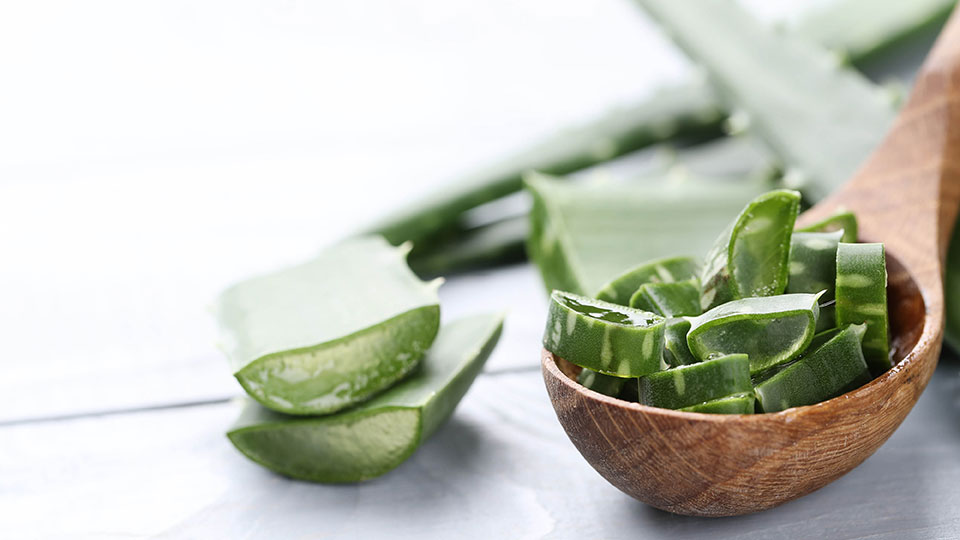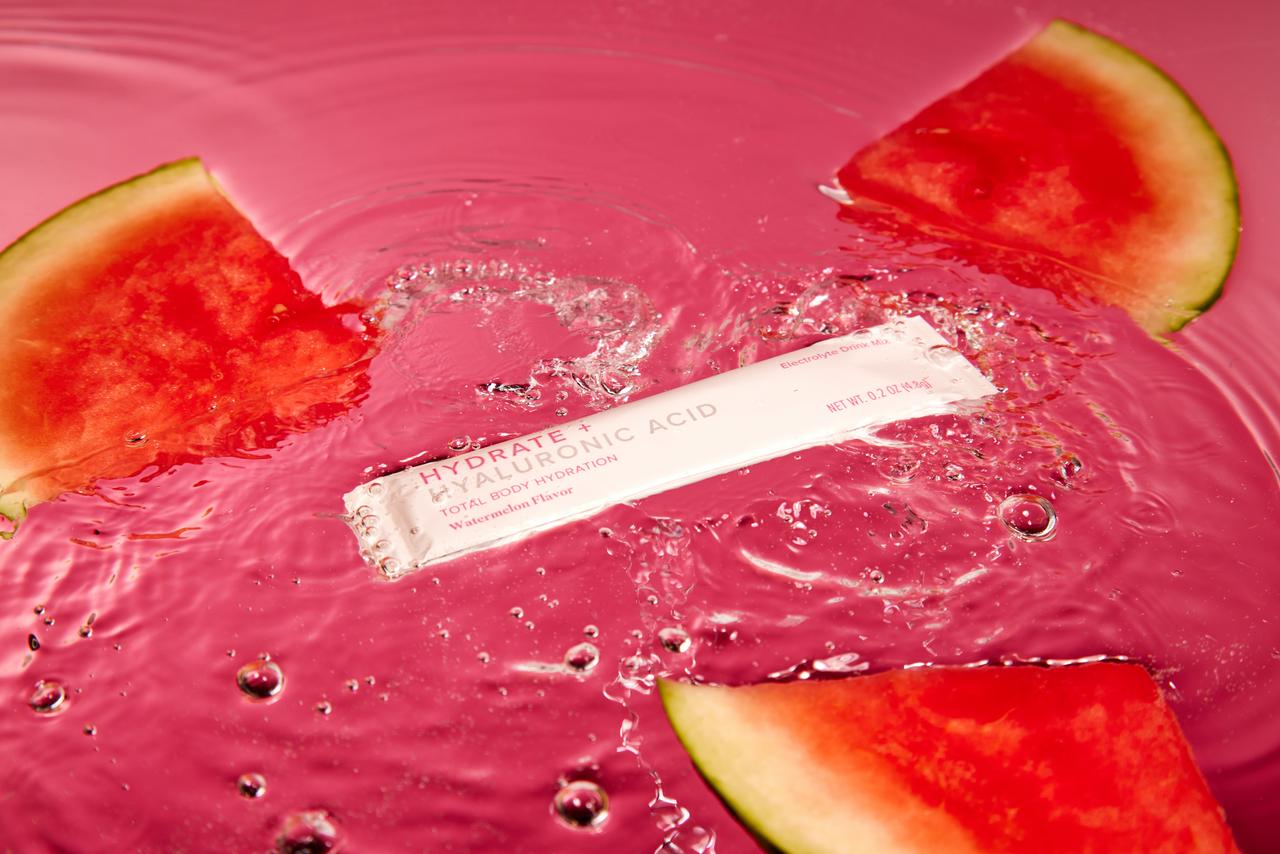We all know Aloe vera’s ability to hydrate and comfort after a day out in the sun, but did you know it’s one of the key ingredients in botanical-rich Cleanse for Life™? Further to the relieving, cooling effect it has on the outside (when smothered onto burned or broken skin), the inner-leaf gel has been used by different cultures for up to 5,000 years for its soothing benefits on the inside as well.
There are close to 200 biologically active compounds in the translucent gel, including vitamins, minerals enzymes and sterols. One study even referred to the way of these nutrients interact in providing health-promoting properties as a ‘Conductor-Orchestra’ (1)!
Among these properties are benefits to cellular health. Aloe vera has antioxidant and antimicrobial properties – it even helps modulate pathways that may reduce cancer risk (2). While we could go on about the health benefits of this humble succulent, the low impact Aloe vera has on the environment makes it even more of a gift.
Farming Aloe vera
Native to Africa, Aloe vera is a tropical plant that can grow and thrive in deserts. Among the major commercial producers of Aloe vera are Africa, the US, China and Australia, where desert environments are prevalent. Aloe vera farming provides an opportunity for desert-dwellers to cultivate a drought-surviving crop that is remarkably more energy and water efficient than other crops or cattle. As a perennial plant, Aloe is harvested by removing mature leaves. The plants continue to grow for around five years and regerminate readily, developing smaller plants around the base of the mother plant.
Waste not, want not
After the inner-leaf gel has been extracted, Aloe vera STILL has more to give. Organic compost – both powder and liquid – created from the rind waste can be applied back to the Aloe crops as a nourishing fertiliser.
So there you have it! Aloe vera – a responsibly-sourced ingredient that can be nourishing for our planet and our bodies!
References:
- Eshun K, He Q. Aloe Vera: A Valuable Ingredient for the Food, Pharmaceutical and Cosmetic Industries—A Review, Critical Reviews in Food Science and Nutrition. 2004;44(2):91-96. DOI: 10.1080/10408690490424694
- Rahmani AH, Aldebasi YH, Srikar S, Khan AA, Aly SM. Aloe vera: Potential candidate in health management via modulation of biological activities. Pharmacogn Rev. 2015;9(18):120–126. doi:10.4103/0973-7847.162118





